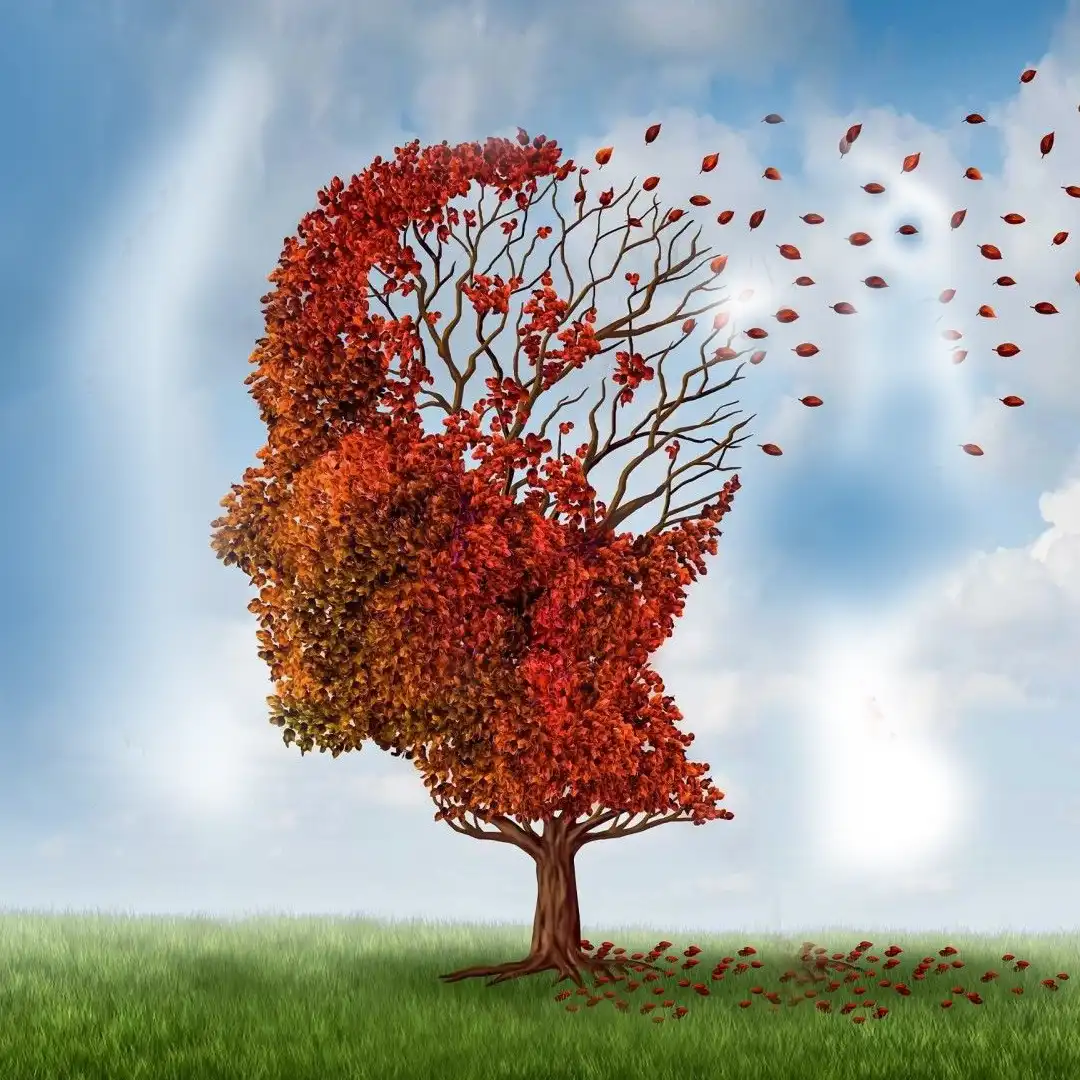Researchers have pinpointed 15 lifestyle and health risk factors associated with a rare form of dementia that impacts individuals under the age of 65. Approximately 370,000 people worldwide develop this early-onset dementia annually. The University of Exeter in England and Maastricht University in the Netherlands conducted a study, suggesting that addressing these identified factors could aid in the prevention, detection, and treatment of this neurodegenerative condition.
The significant contributors to young-onset dementia include alcohol abuse, vitamin D deficiency, stroke, hearing impairment, heart disease, and elevated concentrations of C-reactive proteins indicating inflammation. The findings, derived from observing 356,000 individuals in the UK over several years, were published in JAMA Neurology on Tuesday.
Social isolation and depression were also highlighted as major factors, along with lower educational attainment and socioeconomic status. Mental health, encompassing the avoidance of chronic stress, loneliness, and depression, was underscored as crucial, according to researcher Sebastian Köhler.
Lead study author Dr. Stevie Hendriks emphasized that while the cause of young-onset dementia is often assumed to be genetic, it remains unknown for many individuals. She noted that most affected individuals still lead active lives with jobs and families.
To mitigate the identified risks, Hendriks recommended cultivating curiosity, engaging in new activities, spending time on hobbies, and maintaining social connections. Regular exercise at various intensity levels was also advocated.
Dr. Janice Ranson, another researcher involved in the study, expressed optimism that this research could usher in a new era of interventions to reduce new cases of young-onset dementia.
Amid global concerns about the psychological impact of COVID-19, researchers have highlighted the “loneliness epidemic,” asserting that prolonged isolation can be as detrimental to health as smoking 15 cigarettes.
Detecting young-onset dementia can be challenging, as initial symptoms may not manifest as memory loss. Instead, individuals are advised to watch for issues related to balance, movement, and coordination, according to the UK-based Alzheimer’s Society.











